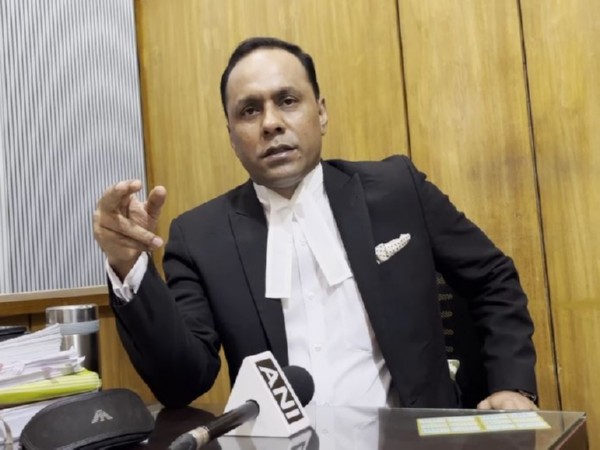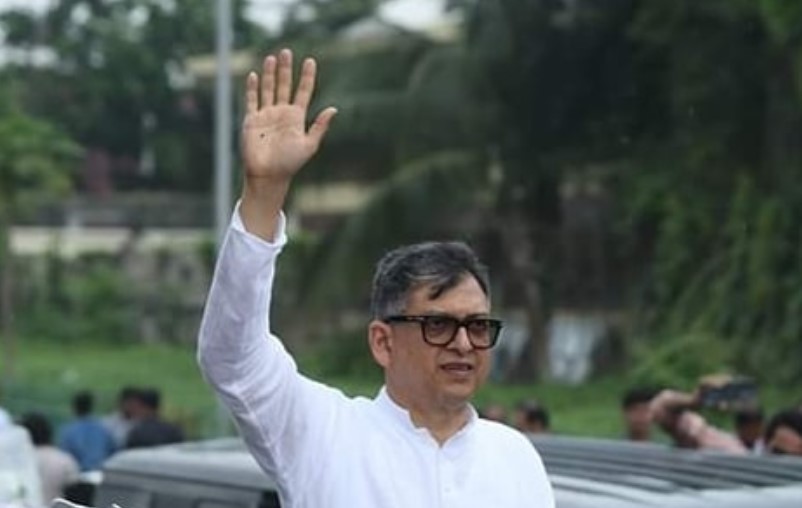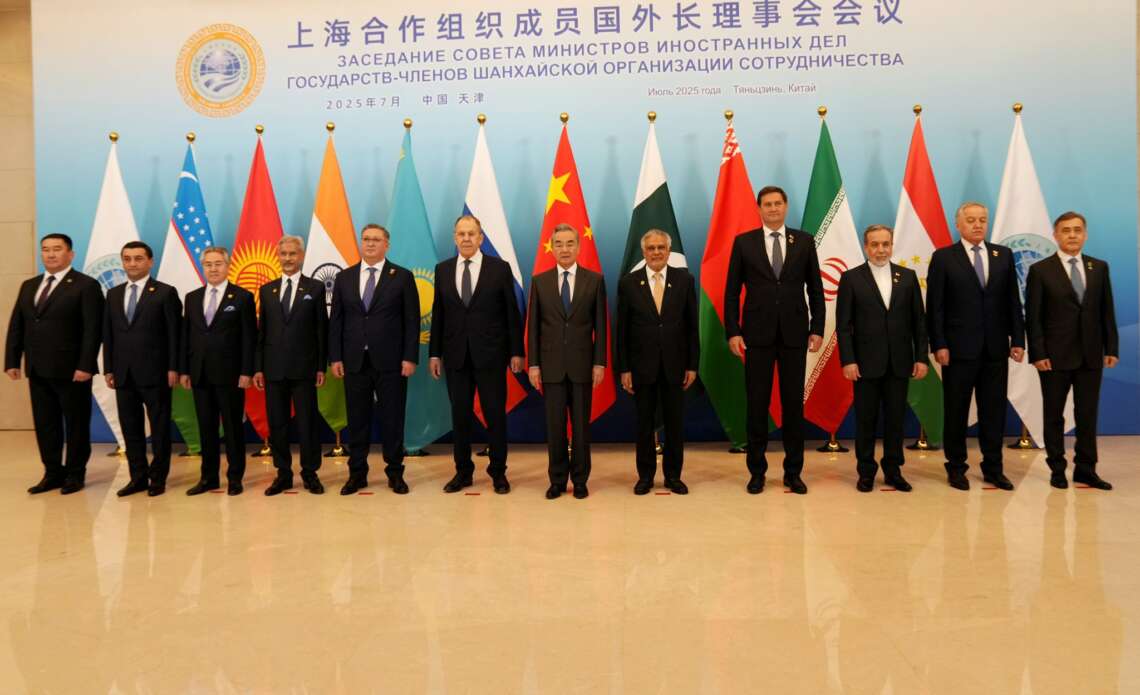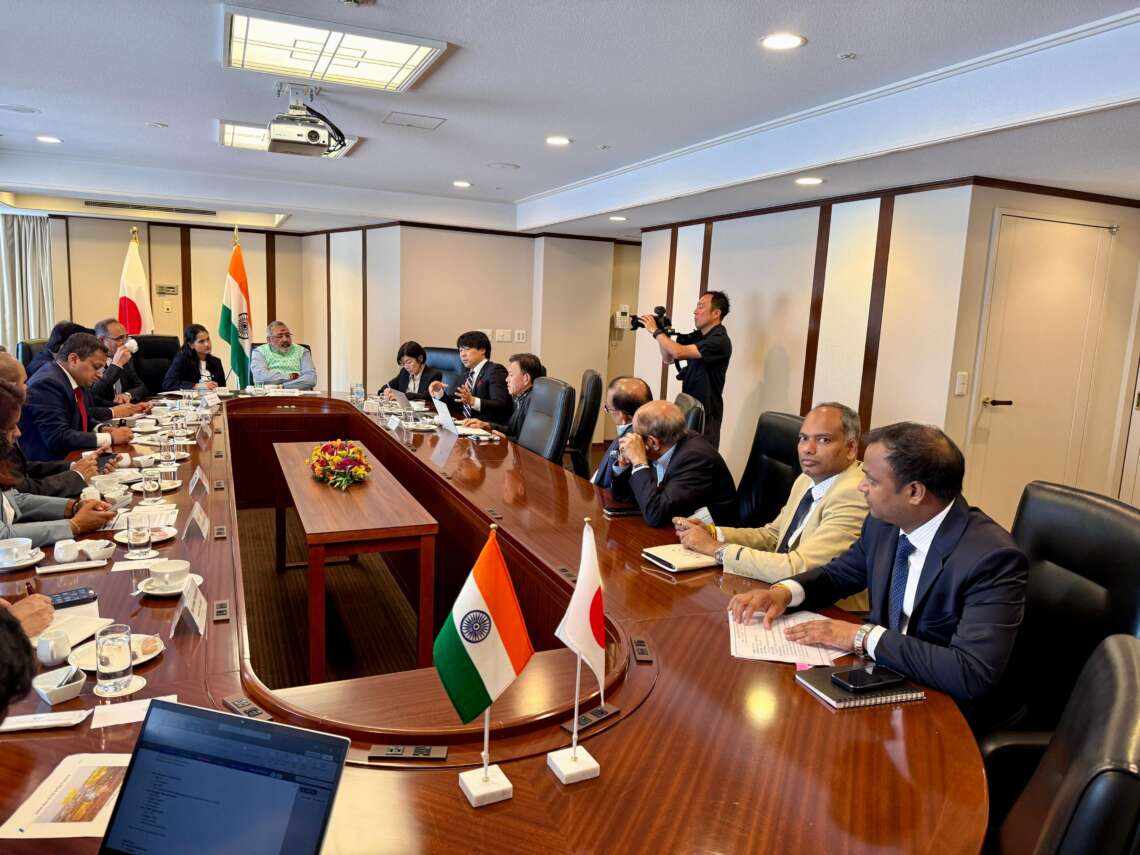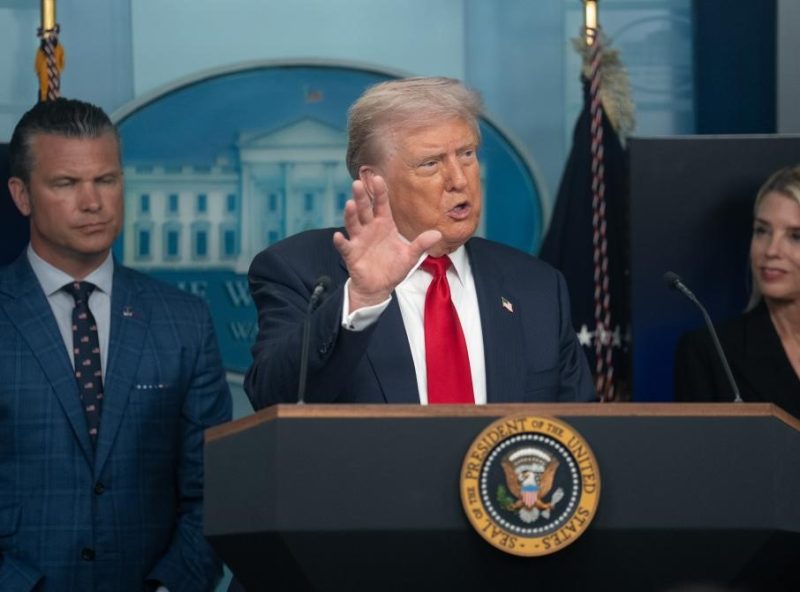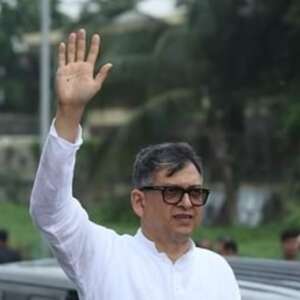Kamal confirmed that BNP supported the interim arrangement that emerged after Prime Minister Sheikh Hasina fled the country in August last year during a student-led uprising…reports Asian Lite News
The Bangladesh Nationalist Party (BNP) has expressed its willingness to forge a constructive partnership with India in the post-Hasina political era, while throwing its full weight behind the interim government led by Nobel Laureate Muhammad Yunus to hold free and fair elections.
Kayser Kamal, BNP’s Legal Affairs Secretary, said his party believes in “friendship to all, enemy to none” — a legacy of BNP founder and former president Ziaur Rahman — and is keen to work with India “with integrity, dignity and friendship.”
Speaking to ANI, Kamal confirmed that BNP supported the interim arrangement that emerged after Prime Minister Sheikh Hasina fled the country in August last year during a student-led uprising. “All political parties, including BNP, reached a consensus and requested Dr Yunus to take charge. We believe he will deliver a participatory and credible election,” Kamal said.
He also dismissed speculation that the Awami League had been formally banned, instead noting that its political activities had merely been “postponed” by executive decision. “BNP has always believed in multi-party democracy. Our founder replaced the one-party rule with democratic pluralism,” he said.
Regarding BNP chairperson Khaleda Zia, Kamal said she remains central to the party’s identity and is now legally free after what he called “illegal convictions” driven by Sheikh Hasina’s personal vendetta. “Her health is stable. She is at the heart of BNP,” he added.
Kamal issued a scathing attack on Hasina, accusing her of ordering the killing of over 2,000 civilians before her ouster. “She must return and face the justice system. The people of Bangladesh want her to answer for these crimes,” he said.
On the sensitive issue of minorities, Kamal denied allegations of targeted attacks under the BNP-backed interim government. “During the Awami League regime, minorities were more vulnerable. Some Awami leaders who were also Hindu have committed political wrongs. That frustration was against the party, not the community,” he clarified.
Elections are expected by early February next year, according to Yunus. Talks between him and acting BNP Chairman Tarique Rahman in London have focused on holding the polls before Ramadan.
BNP has emerged as a central player in shaping the next phase of Bangladesh’s democratic journey — one it says will be rooted in pluralism, justice, and international cooperation, especially with India.


